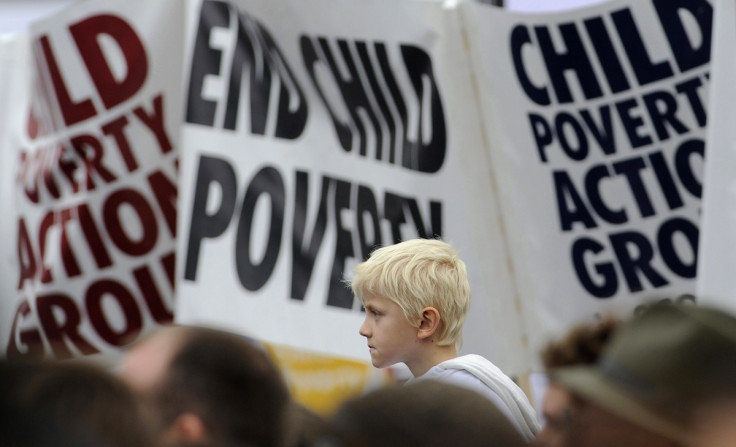British Households Under Financial Pressure Hits Worst Level Since January 2014

Research has showed that a broader measure of financial wellbeing for British households, by research firm Markit, has slipped to its lowest level since January despite income from employment rising at the fastest pace in more than five years.
According to Markit, financial wellbeing, which takes into account households' income, savings, cash available to spend and general financial situation, showed that families are still suffering despite more finding work and receiving higher salaries.
"People were all too often having to eat into their savings or take on more debt to support their spending," said Chris Williamson, chief economist at Markit.
The Markit report, which surveyed 1,500 adults via polling company Ipsos MORI between 8 October and 13 October, said that an increase in income could be borne out of individuals working longer hours rather than just by wage increases.
Separately, the Office for National Statistics revealed on 15 October that the UK unemployment rate dropped to 6% in the three months to August – its lowest level since 2008.
The data also showed that pay including bonuses for employees in the UK was 0.7% higher than a year earlier and wages excluding bonuses for employees in UK was 0.9% higher than last year.
However, the Consumer Prices Index inflation grew by 1.2% in the year to September 2014.
The figures mean that average total pay (including bonuses) for employees in UK was £479 ($762, €601) per week before tax and other deductions from pay.
Another report by the End Child Poverty (ECP) campaign also showed that the heightened cost of living and weak wage growth has forced around 25% of British children into poverty as adults find it increasingly hard to make ends meet.
It added that around 50% of youngsters are living below the breadline in some of the country's most deprived areas.
© Copyright IBTimes 2025. All rights reserved.






















